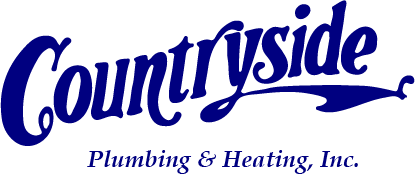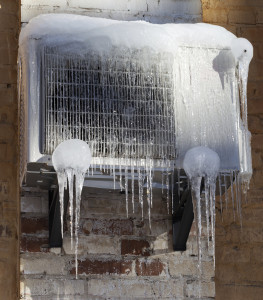Budget-Friendly Home Improvement Ideas for Winter
Winter is just around the corner. As the weather starts to change and temperatures continue to drop, it’s time to think about how you can protect your home from the harsh winter weather while keeping your family comfortable. Below, we’ve put together some simple and affordable home improvement project ideas to help you prepare your home for the winter months ahead while saving money throughout the year.
Winter Home Improvement Projects
It’s time to get your home ready for the winter. Here are just a few affordable home improvement projects that you can do to maintain home comfort while saving on energy costs:
Seal any air leaks or openings.
For less than $100, you can work to seal the openings and air leaks around your home, especially around doors, windows, and electrical outlets. This helps keep the cold winter air front entering your home and also prevents the heat from escaping. This simple home improvement project can help you save a significant amount of money on energy costs while improving your home comfort. All it takes is some caulk, weather stripping, and waterproof sealant to get started.
Insulate your attic.
Another way to improve your home comfort while cutting down on energy costs is insulating your attic space. Though this may seem like a daunting task at first, it is one that homeowners can complete on their own without the help of a contractor. It can also be completed for less than $500, while providing a significant return on investment by helping lower energy costs over time. The best time to make sure that your insulation is effective is just before winter when temperatures start to drop significantly.
Install a programmable thermostat.
Programmable thermostats help you improve efficiency when heating and cooling your home. With a programmable thermostat, you can adjust the temperature of your home on a schedule. This helps you avoid paying to heat your home when no one is there as you can set the thermostat to a cooler temperature to conserve energy. It also helps ensure that your home is at a comfortable temperature during the times when you and your family are home. Overall, this device saves you the hassle of adjusting your thermostat every time you leave and return home, but it can also help you save money while keeping your home comfortable throughout the winter time.
Winter HVAC Maintenance
While you’re preparing your home for the winter, don’t forget about your HVAC system. Most homeowners use their heater more often in the winter, which can cause wear and tear to the parts. If you are noticing issues with your heater or you just want a yearly tune-up, call the HVAC experts at Countryside. With decades of experiencing serving homeowners in the St. Croix Falls area and beyond, we know just want it takes to keep your Wisconsin home comfortable year-round.
Call now to schedule a service appointment: (800) 542-4243.


